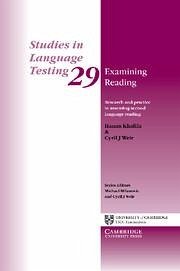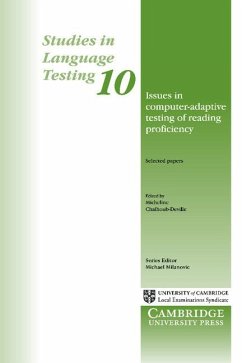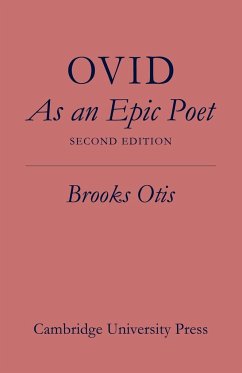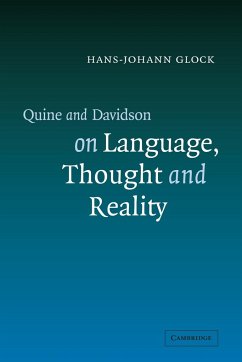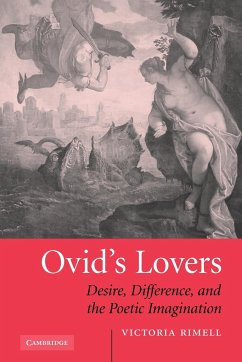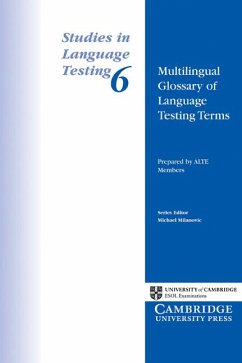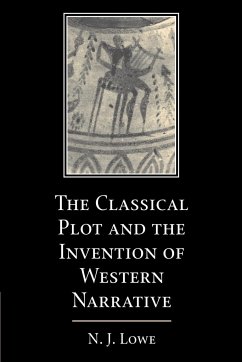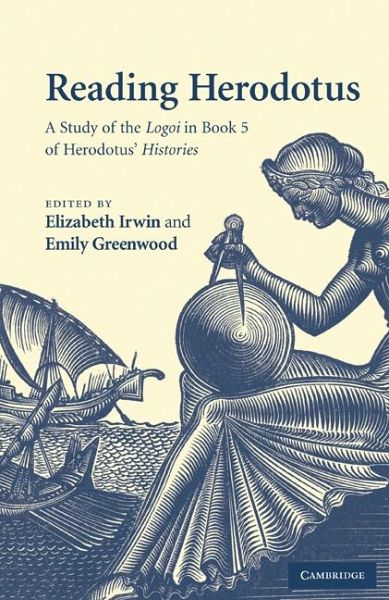
Reading Herodotus
A Study of the Logoi in Book 5 of Herodotus' Histories
Herausgeber: Irwin, Elizabeth; Greenwood, Emily
Versandkostenfrei!
Versandfertig in 1-2 Wochen
55,99 €
inkl. MwSt.

PAYBACK Punkte
28 °P sammeln!
Reading Herodotus is a 2007 text which represented a departure in Herodotean scholarship: it was the first multi-authored collection of scholarly essays to focus on a single book of Herodotus' Histories. Each chapter studies a separate logos in Book 5 and pursues two closely related lines of inquiry: first, to propose an individual thesis about the political, historical, and cultural significance of the subjects that Herodotus treats in Book 5, and second, to analyze the connections and continuities between its logos and the overarching structure of Herodotus' narrative. This collection of twe...
Reading Herodotus is a 2007 text which represented a departure in Herodotean scholarship: it was the first multi-authored collection of scholarly essays to focus on a single book of Herodotus' Histories. Each chapter studies a separate logos in Book 5 and pursues two closely related lines of inquiry: first, to propose an individual thesis about the political, historical, and cultural significance of the subjects that Herodotus treats in Book 5, and second, to analyze the connections and continuities between its logos and the overarching structure of Herodotus' narrative. This collection of twelve essays by internationally renowned scholars represents an important contribution to scholarship on Herodotus and will serve as an essential research tool for all those interested in Book 5 of the Histories, the interpretation of Herodotean narrative, and the historiography of the Ionian Revolt.





